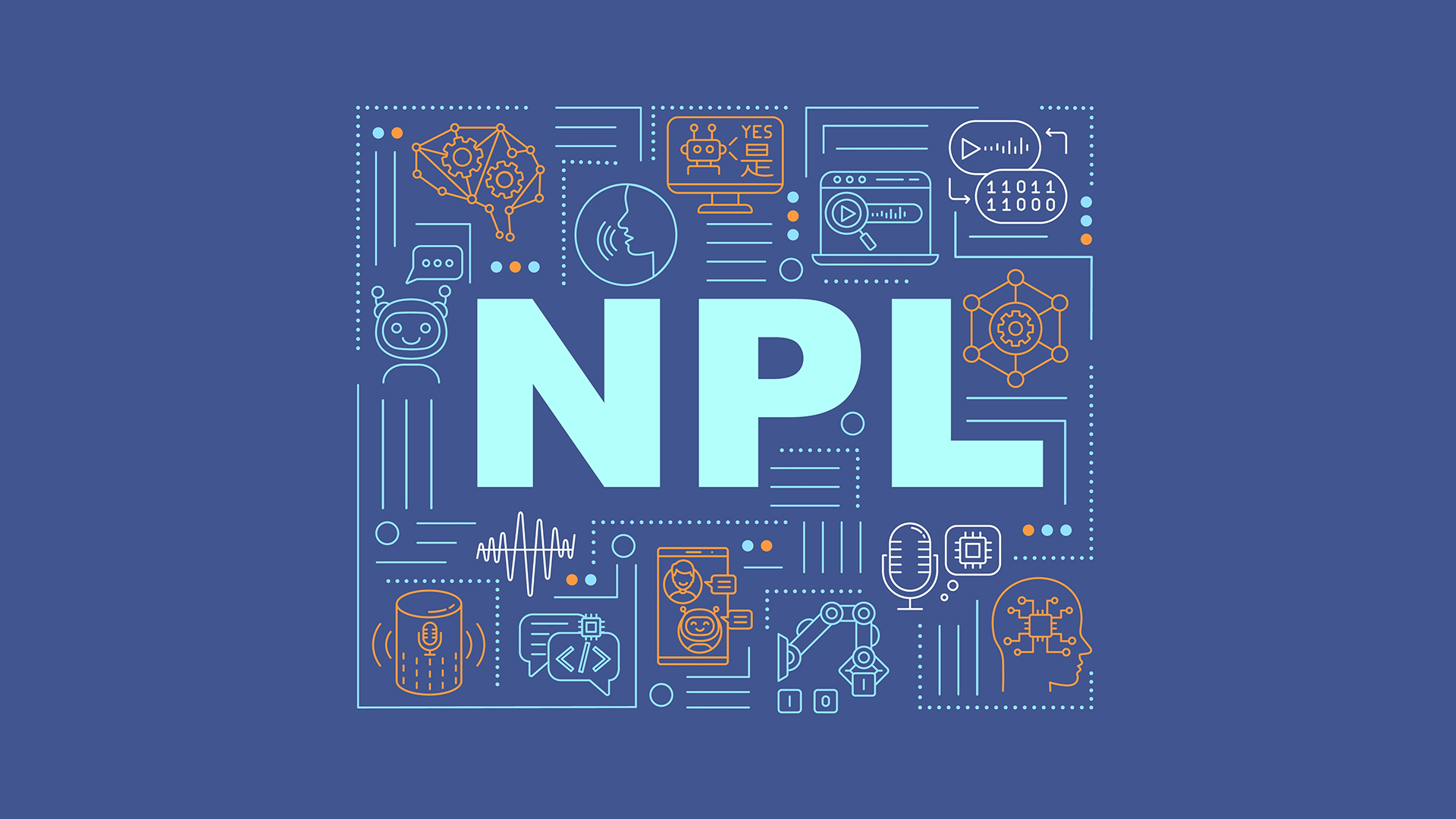Dan O’Connell, the Chief Strategy Officer at Dialpad, explains how businesses can leverage natural language processing to enhance a range of industries.
The demand for natural language processing (NLP) skills is expected to grow rapidly, with the market predicted to be 14 times larger in 2025 than in 2017.
Businesses must have a firm understanding of how this technology can be leveraged to meet business goals. NLP is a quickly growing field of technology that has the potential to revolutionise and change industries and the world forever.
However, there are significant challenges that businesses must overcome to fully realise the potential of natural language processing.
NLP is used globally across a range of industries and businesses. It can be used for sentiment analysis of customer feedback, providing valuable insights for improving customer satisfaction.
In the healthcare sector, it can be used to analyse health records to identify patterns and trends in patient care, meaning improved outcomes.
In e-commerce, Artificial Intelligence (AI) programmes can analyse customer reviews to identify key product features and improve marketing strategies.
The applications of natural language processing are diverse, and as technology advances, we can expect to see even more innovative uses of this powerful tool in the future.
The challenge of human language
Human language is complex, and it can be difficult for NLP algorithms to understand the nuances and ambiguity in language.
For example, sarcasm or irony can completely change the meaning of a sentence, but an NLP algorithm may struggle to identify these intricate nuances.
This is particularly important for analysing sentiment, where accurate analysis enables service agents to prioritise which dissatisfied customers to help first or which customers to extend promotional offers to.
Managing and delivering mission-critical customer knowledge is also essential for successful Customer Service. This is where the need for ‘AI parenting’ comes into play.
AI needs continual parenting over time to enable a feedback loop that provides transparency and control. In the chatbot space, for example, we have seen examples of conversations not going to plan because of a lack of human oversight.
It becomes mission-critical for businesses using this type of technology, particularly in customer communications, to ensure the appropriate tone of voice, communication style and correct information to guarantee a positive customer experience for those interacting with the chatbot.
With 96% of customers feeling satisfied by the conversation with a chatbot, companies must still ensure that the customers receive appropriate and accurate answers. AI parenting is necessary whether more legacy chatbots or more recent generative chatbots are used (such as OpenAi Chat GPT).

In fact, removing hallucinations and providing control and transparency is crucial, ultimately delivering the highest quality automated customer service. Dialpad provides this functionality. For more information, get in touch for a demo.
Ethical considerations for NLP
Another significant challenge for businesses using NLP to contemplate is ethical considerations. Natural language processing algorithms can analyse significant data, including personal data such as social media posts, emails, or chat logs.
Companies need to be transparent and honest about their use of NLP technology and ensure that they follow ethical guidelines to protect the privacy of their customers. They must also ensure that their algorithms are not biased towards any particular group of people or language.
Businesses that don’t monitor for ethical considerations can risk reputational harm. If consumers don’t trust an NLP model with their data, they will not use it or even boycott the programme.
AI systems are only as good as the data used to train them, and they have no concept of ethical standards or morals like humans do, which means there will always be an inherent ethical problem in AI.
However, that is not to say that there are no ways to ensure ethical principles for new technology.
Opportunities and benefits of AI technology
Despite the challenges, businesses that successfully implement NLP technology stand to reap significant benefits. Natural language processing can help businesses automate customer service, improve response times, and reduce human errors.
The programmes can be leveraged to meet business goals by improving customer experience. For example, 62% of customers would prefer a chatbot than wait for a human to answer their questions, indicating the importance of the time that chatbots can save for both the customer and the company.

NLP can also improve the accuracy of sentiment analysis, enabling businesses to make data-driven decisions and improve customer satisfaction. NLP can enhance business intelligence and aid decision-making by analysing customer feedback, product reviews, and social media data.
Additionally, NLP can help businesses automate content creation, translation, and localisation processes, saving time and money.
Companies must address the challenges of diverse and accurate training data, the complexities of human language, and ethical considerations when using NLP technology.








